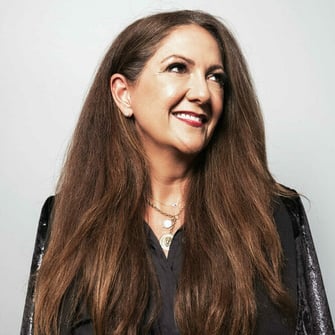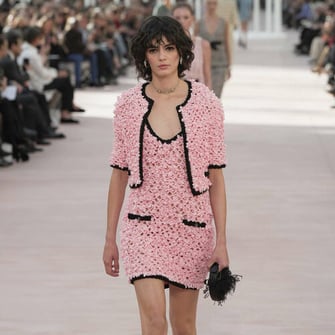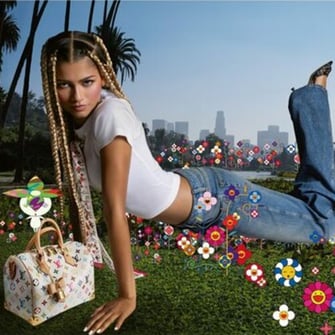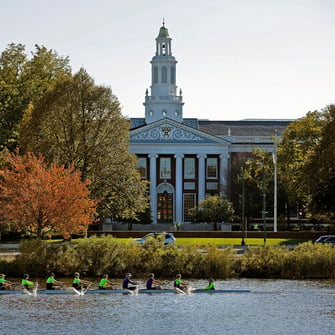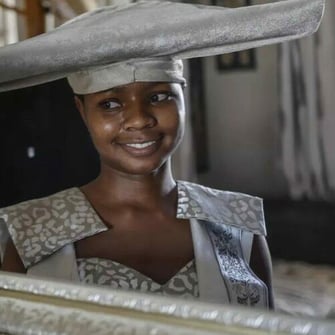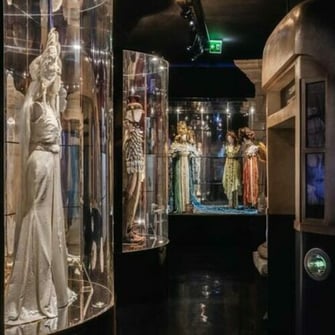4 minutes

FIT hosts cultural event to celebrate Native American Heritage Month
November 21, 2024
The origins of celebrating Native American culture can be traced back to 1916 when Red Fox James of the Blackfeet Nation organized an event in New York; marking November as the official month to honor Indigenous peoples to coincide with harvest time and the famous meal early settlers shared with Native Americans which dates to 1990. It was post-2020, however, that the emphasis on recognizing its cultural history as a way to create opportunity solidified not just for the Indigenous communities but all BIPOC peoples.

This momentum helped the Fashion Institute of Technology (FIT), the State University of New York's fashion industry institution, to establish its Social Justice Center to address and support BIPOC youth, college students, and working professionals in creative fields, including fashion.
This year, the center teamed up with 4Kinship, an upcycled clothing brand founded by Navajo Diné-woman and FIT graduate Amy Denet Deal, to present a day-long summit celebrating and promoting Indigenous contribution to style.
The day included several panels, performances, and a pop-up shop, and it concluded with a fireside chat with Denet Deal, former model and Shinnecock Nation member Renee Hunter. The talk punctuated the informative day and how, generationally, the experiences of Native Americans in the fashion industry are evolving.
Dr. Brown kicked things off by connecting Hunter and Denet Deal's similar backgrounds, such as both from Native American communities, working in fashion, and having a connection to FIT. The similarities, though, end partly due to childhood experiences and each one's age; Hunter is more first-tier Boomer, and Denet Deal is more Gen X.
For Denet Deal, her Indigenous people's identification came later in life as she was adopted by a white family in Indiana, far from Denet Deal's Navajo nation location in the American Southwest, when her mother, who was part of Indian relocation programs, got pregnant.
"Growing up where there were very few BIPOC people, I always had a feeling I didn't fit in. I could only find it in National Geographic. For me, it was an awakening later in life after I had a corporate design career that took me around the world," Denet Deal said.
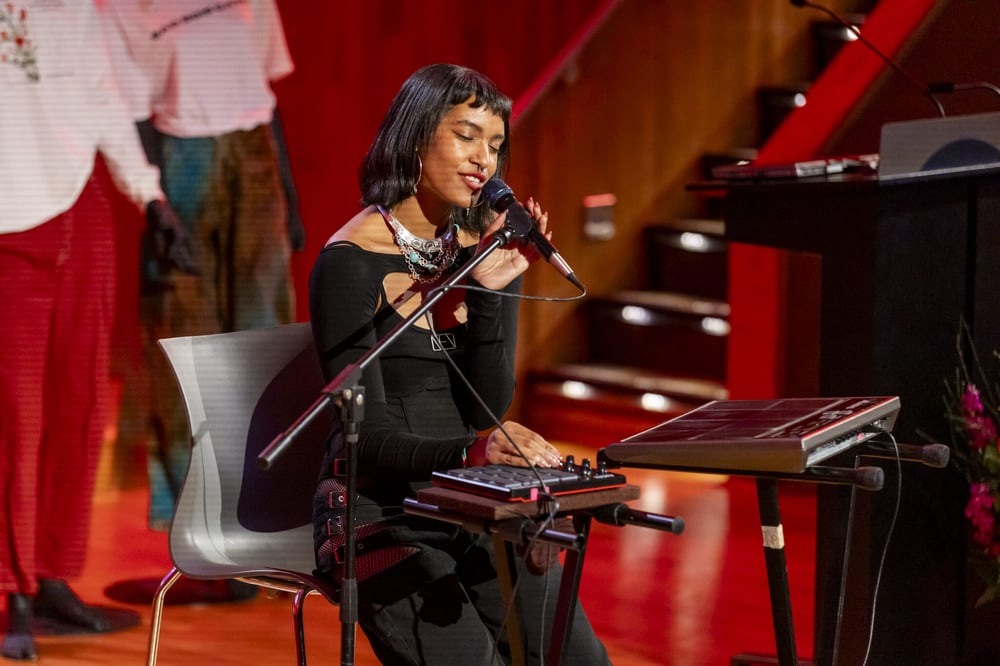
After starting the idea for 4Kinship in 2015, the label was officially launched when Denet Deal packed up her California life and relocated to New Mexico after her daughter graduated high school in 2019. She came determined to become a fully immersed member of the culture, using the tools she learned in her career to enrich and give back to the community.
According to the founder, she curates her brand's offerings for non-natives to wear, but she always has special items designed for the community. The brand also features products made by other Indigenous artisans.
Thus, far beyond the retail operation, Denet Deal collaborated with skateboarder Tony Hawk to create a skate park for the community and started the Indigenous Futures Fund to support the creative community and its next-generation artists.
On the other hand, Hunter, a self-described 'Urban Indian,' grew up in Brooklyn but spent carefree summers with her Native American family on the reservation in Southampton. A serendipitous evening attending the CFDA Awards landed her modeling gigs where clients wondered how she kept her 'year-long' tan. This led Hunter to retail careers with Bloomingdale's and Sax Fifth Avenue. Currently, she is a professor at FIT and LIM and a design critic for Pratt with a student award that bears her name.
"Someone asked me outside if I was ever confused about who I was. I always knew who I was and where I was from; my summer camp was a reservation, that's all," Hunter said, noting she didn't let on what her background was but left that to the inquirer.
Hunter doesn't see Indigenous as a big part of the cultural discussions in the U.S.
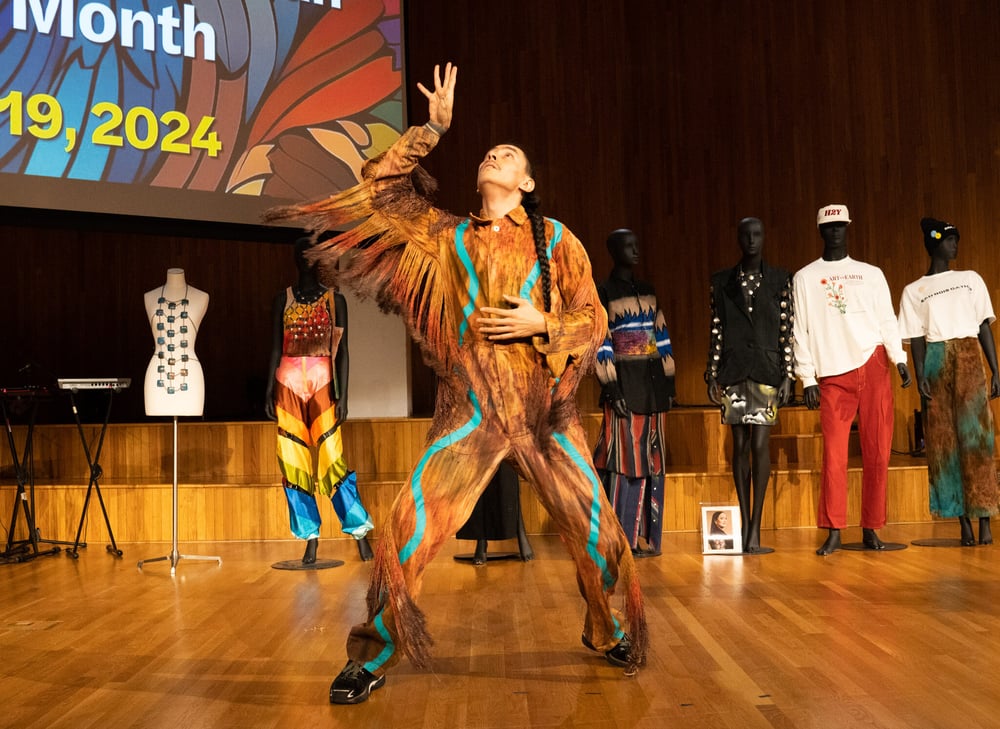
"Everyone's fascinated with the mystique, especially in the West. I don't think that we appear, period. The numbers 0.101% of the population are who we are in this country," she continued. (According to the last census, 2.9 percent of the U.S. population identifies as American Indian or Alaska Native.)
It was noted during the discussion that Ralph Lauren had championed American style to include referencing Native American designs long before anyone used the phrase "cultural appropriation."
The brand has taken steps to right some of those missteps, especially as a supporter of a FIT Social Justice Center scholarship for Native American students.
Denet Deal felt 2024 was a big year for Native American visibility, with "Reservoir Dogs" earning Emmy Award nominations and "Killers of the Flower Moon" earning Native American actress Lily Gladstone several Best Actress awards.
"It gives me a lot of hope to see the younger generation coming to power in creative fields and working in performance, fashion, and outdoor recreation. They're the future of who we are as native people; supporting them so we can thrive as a community is the heart of the work with the Indigenous Futures Fund."
Given the community's connection to the earth, the community has long practiced sustainability before it became an industry checklist item, something Denet Deal pointed out.
"The whole sustainability movement, protecting the planet and earth, is being led by the young people. As Indigenous designers, it's inherent in how we create to honor the land; it's very natural. The world is catching up," she concluded.
Copyright © 2025 FashionNetwork.com All rights reserved.


